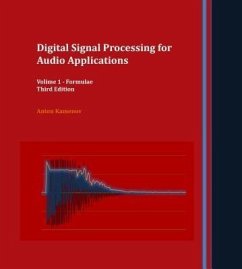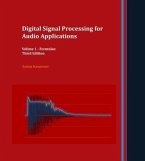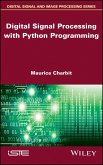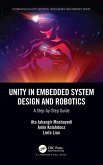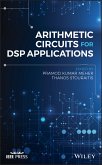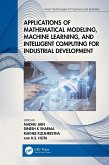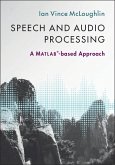In the summer of 2003 we began designing multi-track recording and mixing software - Orinj at RecordingBlogs.com - a software application that will take digitally recorded audio tracks and will mix them into a complete song with all the needed audio production effects. Manipulating digital sound, as it turned out, was not easy. We had to find the answers of many questions, including what digital audio was, how we could mix audio tracks, how we could track the amplitude of digital sound so that we could apply compression, how we could track frequencies so that we could equalize, what a good model of artificial reverb would be, and many others. Bits of relevant information were available, albeit not always well organized and not always intuitive.
"Digital Signal Processing for Audio Applications" provides much of the needed information. It is a simple structured approach to understanding how digitally recorded sound can be manipulated. It presents and explains, and sometimes derives, the mathematical theory that the DSP user can employ in designing sound manipulating applications.
Although this book introduces much mathematics, we have designed it not for mathematicians, but for the engineers and hobbyists, who would be interested in the practical applications of DSP and not in its theoretical derivations. If properly explained, much of the practical DSP applications reduce to simple algebra. This said, we have included a sufficient amount of theory to provide an explanation of why DSP works the way it does. It is important for practitioners to have a good understanding of how DSP concepts come about. Much of the available DSP information has too much theory and not enough examples. Much of it has too many practical examples and not enough theoretical backing. We hope to have found the proper balance.
This edition contains Java code samples for several digital signal processing effects - delay, chorus, equalizer, reverb, compressor, wah wah, pitch shift, and more. These are a significant addition and are presented in a separate volume 2. Selected relevant sections of the previous edition of this book are also placed in volume 2.
The first edition of this book focused on signal frequencies - identifying them, filtering them out, changing their magnitude, and so on. This is a huge part of DSP for audio, but there is more. The second edition introduced significant additions: wavelet transforms and data compression, more windows, and elliptic filters. This third edition includes shelving and peak filters, improves the discussion of the Hilbert transform, and, of course, introduces a number of code samples as part of volume 2.
"Digital Signal Processing for Audio Applications" provides much of the needed information. It is a simple structured approach to understanding how digitally recorded sound can be manipulated. It presents and explains, and sometimes derives, the mathematical theory that the DSP user can employ in designing sound manipulating applications.
Although this book introduces much mathematics, we have designed it not for mathematicians, but for the engineers and hobbyists, who would be interested in the practical applications of DSP and not in its theoretical derivations. If properly explained, much of the practical DSP applications reduce to simple algebra. This said, we have included a sufficient amount of theory to provide an explanation of why DSP works the way it does. It is important for practitioners to have a good understanding of how DSP concepts come about. Much of the available DSP information has too much theory and not enough examples. Much of it has too many practical examples and not enough theoretical backing. We hope to have found the proper balance.
This edition contains Java code samples for several digital signal processing effects - delay, chorus, equalizer, reverb, compressor, wah wah, pitch shift, and more. These are a significant addition and are presented in a separate volume 2. Selected relevant sections of the previous edition of this book are also placed in volume 2.
The first edition of this book focused on signal frequencies - identifying them, filtering them out, changing their magnitude, and so on. This is a huge part of DSP for audio, but there is more. The second edition introduced significant additions: wavelet transforms and data compression, more windows, and elliptic filters. This third edition includes shelving and peak filters, improves the discussion of the Hilbert transform, and, of course, introduces a number of code samples as part of volume 2.
Dieser Download kann aus rechtlichen Gründen nur mit Rechnungsadresse in A, D ausgeliefert werden.

